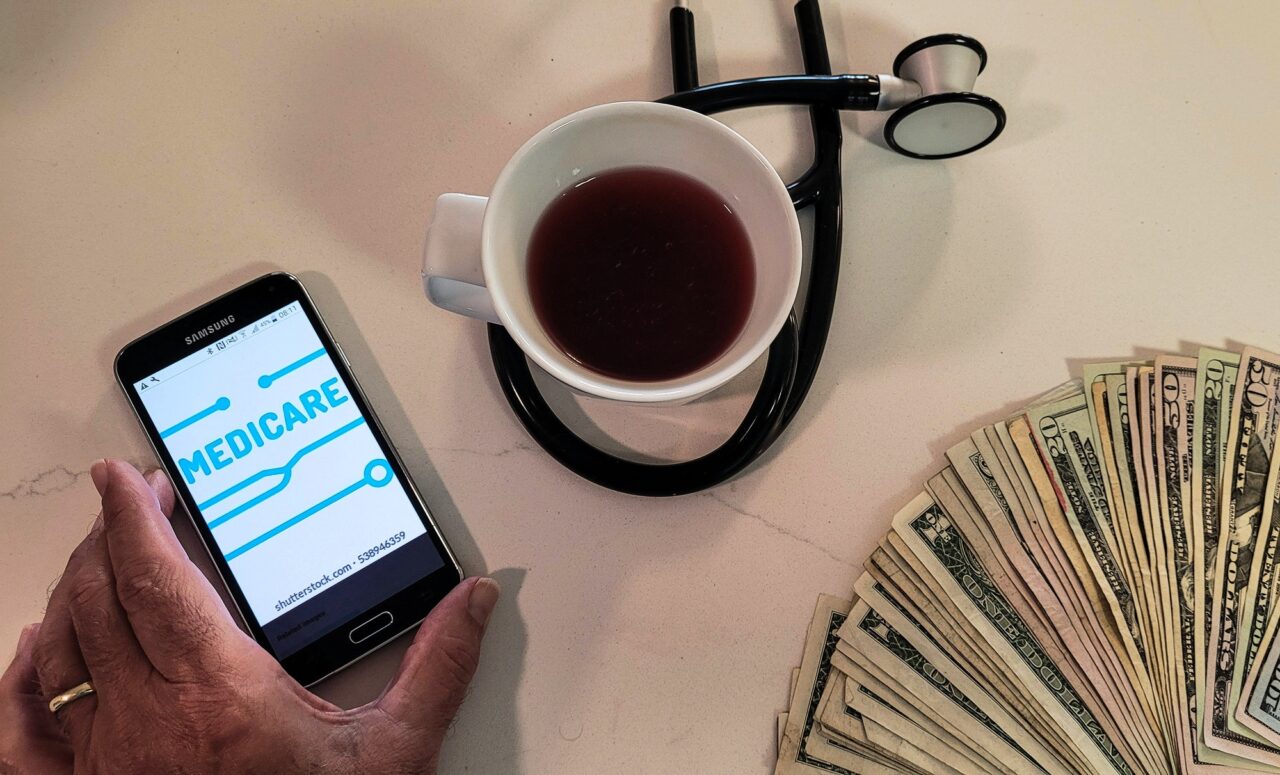 By John Hawkins, President/CEO, Texas Hospital Association
By John Hawkins, President/CEO, Texas Hospital Association
Hospitals around the state are breathing a collective sigh of relief following the Centers for Medicare & Medicaid Services’ approval of three directed payment programs in late March. These vital DPPs raise reimbursement rates closer to the cost of providing care to Medicaid enrollees and amount to $5.3 billion a year in payment enhancements to Texas providers. But for nearly seven months, the programs were left pending as CMS and the State of Texas remained in a deadlock over negotiations regarding the programs’ funding methods — leaving the state’s health care providers wondering if they were rapidly heading toward a financial cliff. The Texas Hospital Association is grateful CMS took a step in the right direction by issuing approval of the DPPs, but we also recognize that more work is needed to ensure the lasting viability of the Texas health care safety net.
Last fall, two longstanding Medicaid programs — the Uniform Hospital Rate Increase Program (UHRIP) and Delivery System Reform Incentive Payment (DSRIP) — expired, cutting off billions of dollars in rate enhancements and performance-based incentive payments. To replace the expired programs, Texas devised new DPPs to build on UHRIP and DSRIP’s successes in improving care coordination, quality, and access for Medicaid enrollees while offsetting lower-than-cost Medicaid reimbursements. These new DPPs — Comprehensive Hospital Increase Reimbursement Program (CHIRP), Texas Incentives for Physician and Professional Services (TIPPS), and Rural Access to Primary and Preventive Services (RAPPS) — were intended to take effect Sept. 1, 2021, to maintain seamless funding for providers serving Medicaid patients. Instead, a dispute over Local Provider Participation Funds, the provider taxing methods Texas uses to finance the non-federal share of the payment programs, led to the monthslong delay in federal approval of the DPPs.
As negotiations over LPPFs stalled out, Texas hospitals were estimated to be losing $7 million a day after the loss of UHRIP, and even more, as DSRIP payments wound down. This funding challenge was layered on top of the ongoing public health emergency and countless pandemic-related challenges for hospitals, creating a perfect storm for health care providers. Fortunately, with federal approval of Texas’ proposed DPPs on March 25, we averted potentially catastrophic consequences for health care access in the state, such as hospitals closures and decreased essential service lines like labor and delivery and behavioral health care.
While CMS’ approval of the DPPs came as welcome news to Texas providers, we are not out of the woods quite yet. The future of these programs — which benefit low-income, minority, and disadvantaged populations by ensuring hospitals continue to accept Medicaid — remains uncertain as questions continue over the LPPF-derived funds that support them. The DPPs, which must be renewed annually, expires again in September.
Alongside the DPP approvals, the U.S. Health and Human Services’ Office of Inspector General separately notified Texas of its intent to audit the state’s LPPFs to determine whether using the funds as the state share of Medicaid payment is permissible. While Texas is adamant its non-federal share payments are allowable, the ripple effect of audit findings to the contrary could be severe. CMS could issue a deferral or disallowance of Texas’ Medicaid payments that would not only reduce funds available in the DPPs but put other LPPF-financed waiver payments at risk, such as the state’s $3.9 billion per year uncompensated care pool. Disallowed funds might also be docked from the state’s budget neutrality cap, a crucial feature of the 1115 waiver that governs how much funding is available to support supplemental provider payments.
Additionally, uncertainty over the reinstatement of Texas’ Medicaid 1115 waiver persists. In January 2021, CMS granted Texas a 10-year extension of its waiver, which it later rescinded in April under a new administration. The state immediately filed suit last May over the rescission, and on Aug. 20, 2021, a federal judge issued a temporary injunction that has kept the 10-year waiver extension in place while Texas and CMS negotiated the DPPs. If a permanent waiver rescission is issued, however, about $32 billion in new funding would be jeopardized.
THA has engaged in an exhaustive advocacy push for DPP approval and 1115 waiver extension to ensure the financial stability of hospitals, whose viability is crucial to the wellbeing of communities across the state. The Texas health care safety net must be protected and preserved for the future of health care, and patient health, in Texas.


